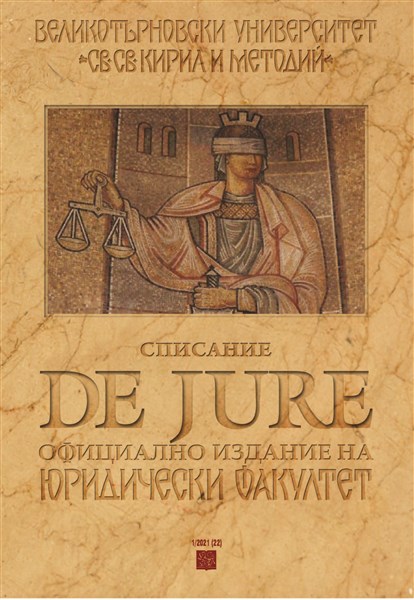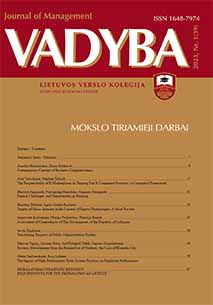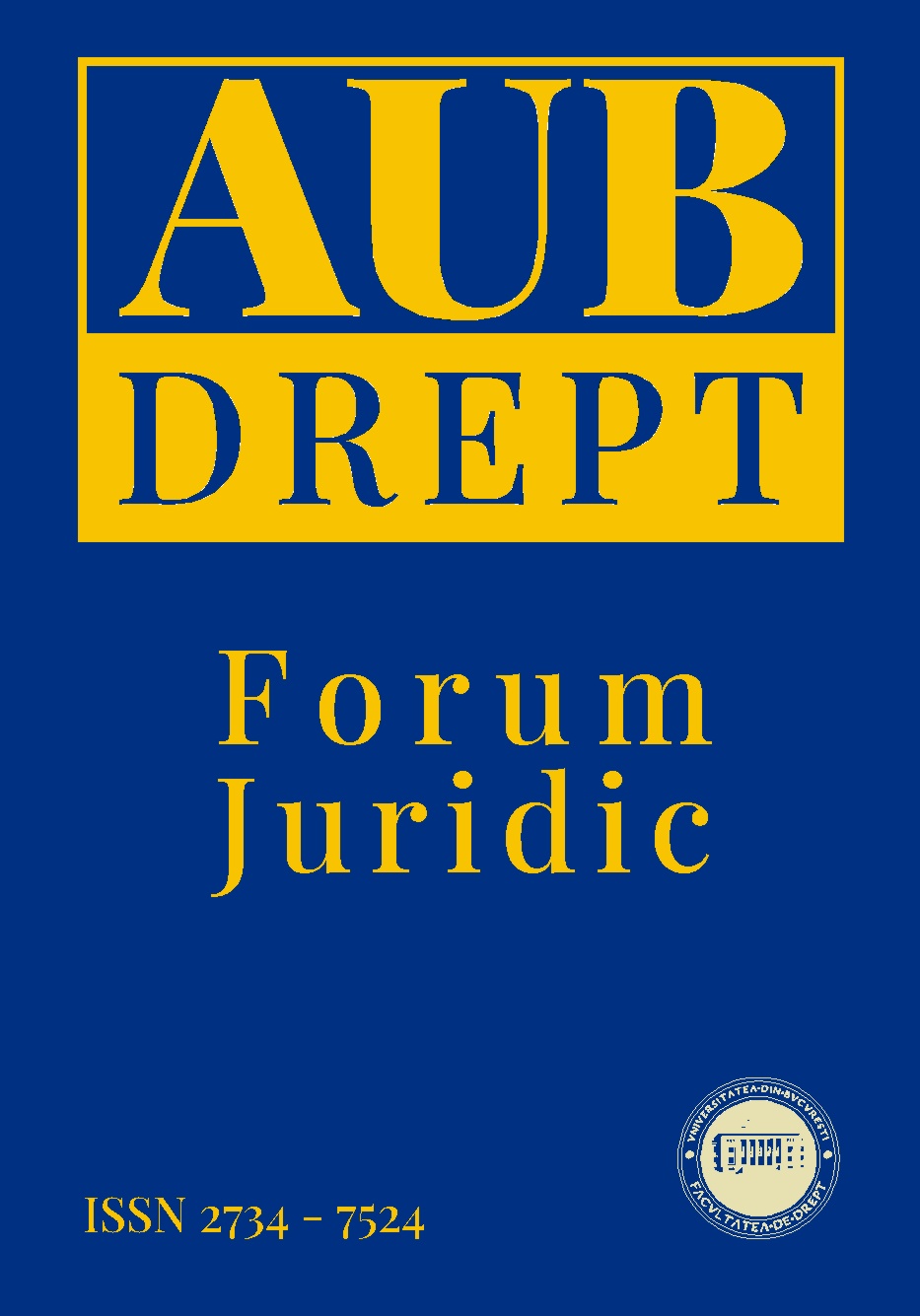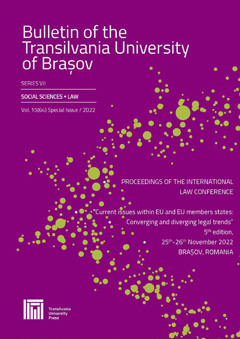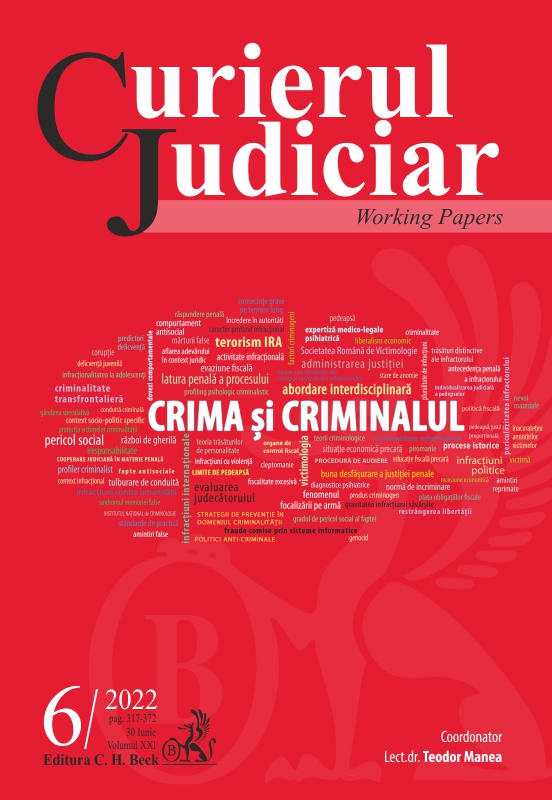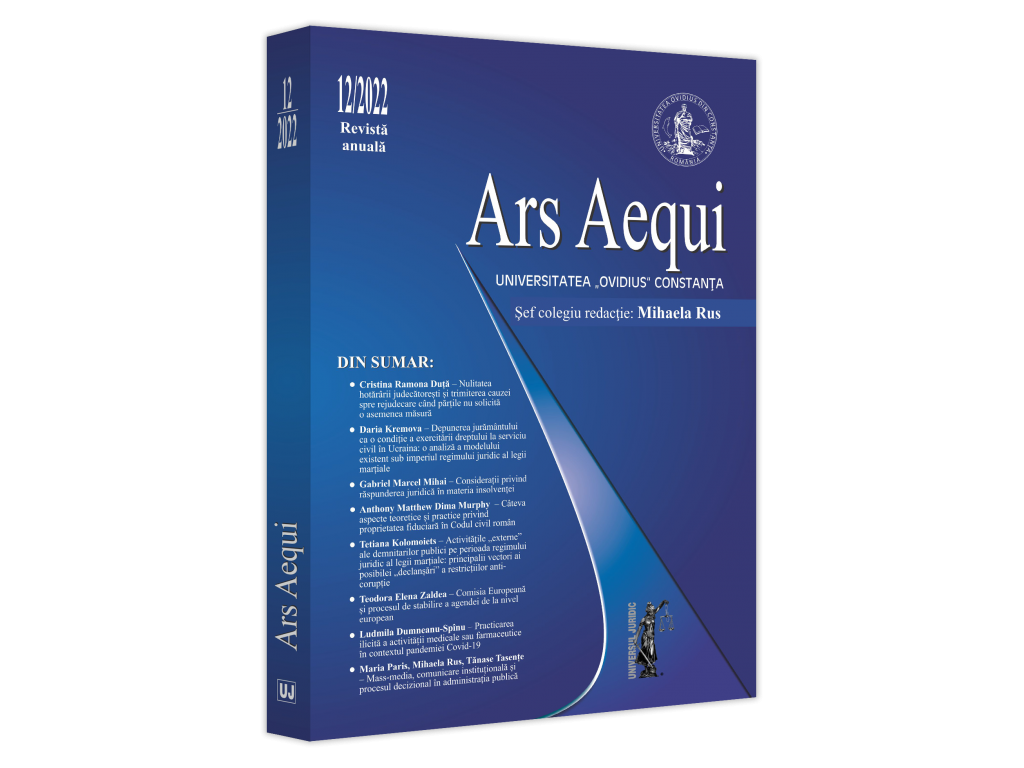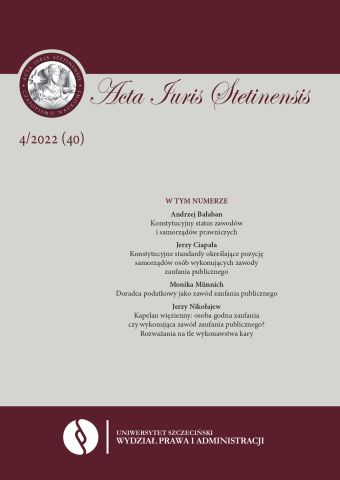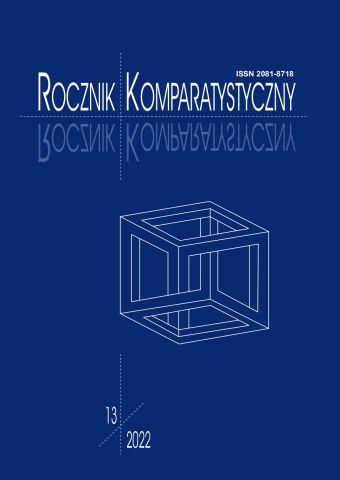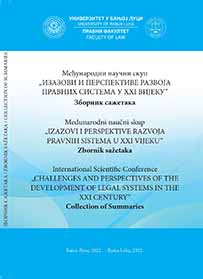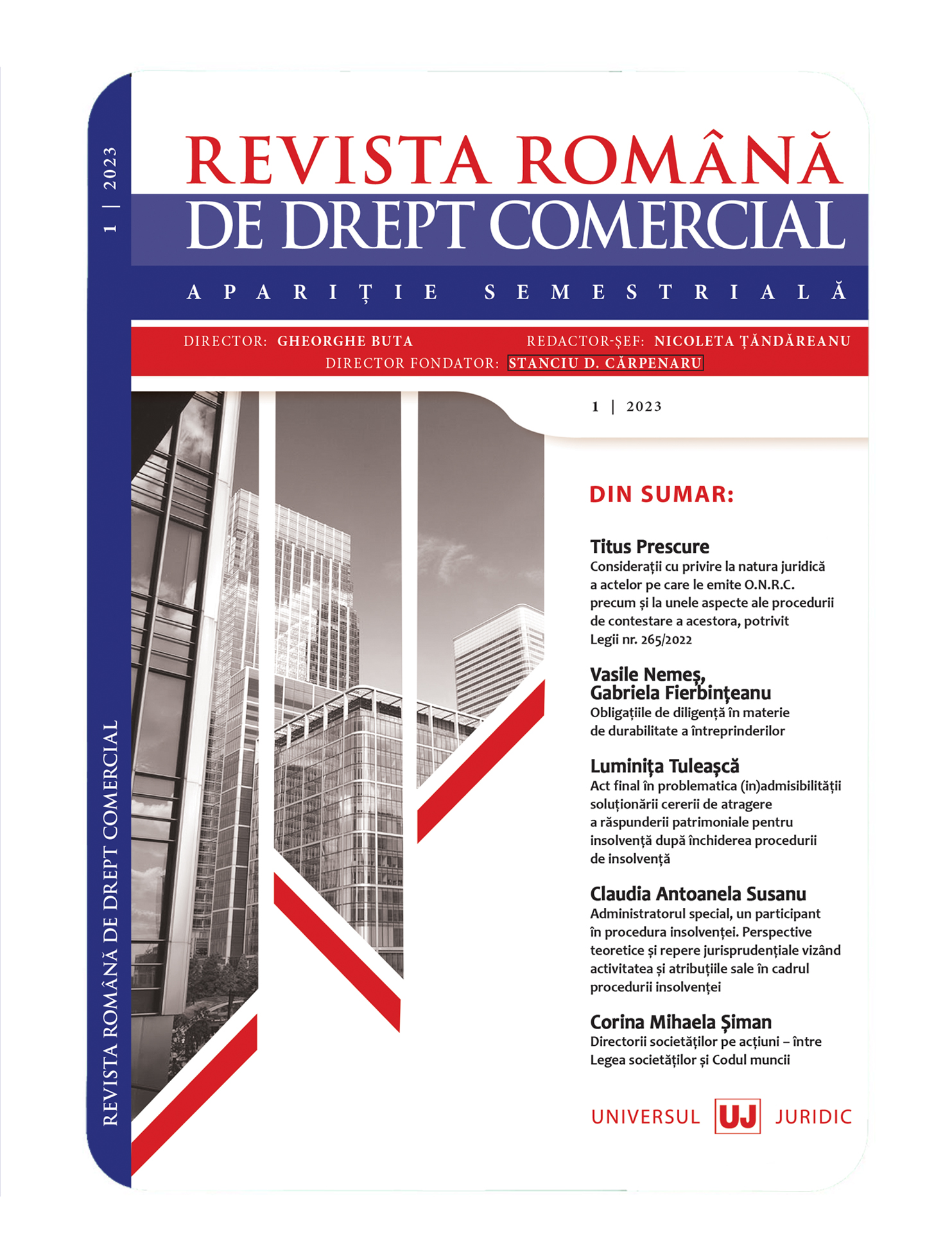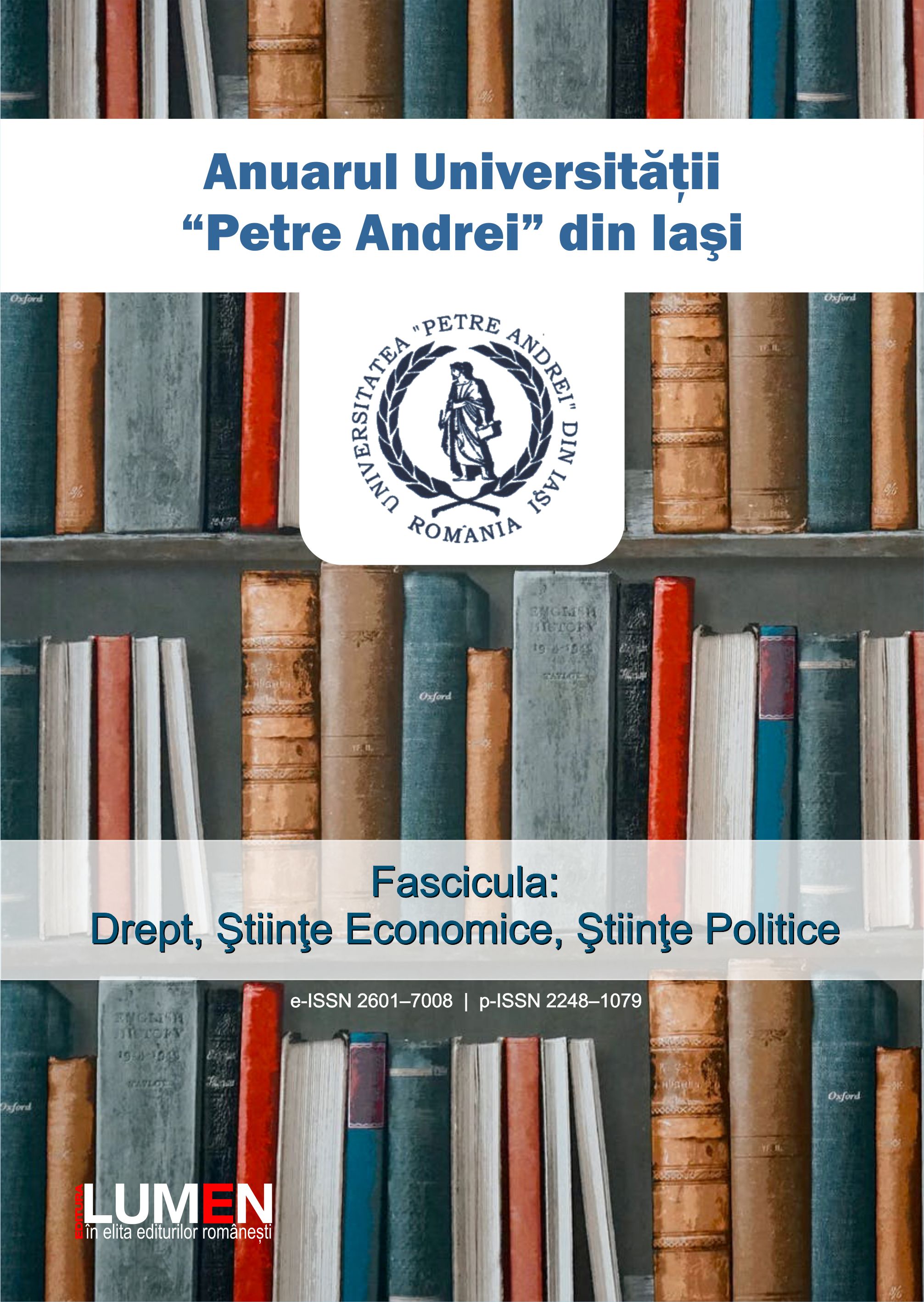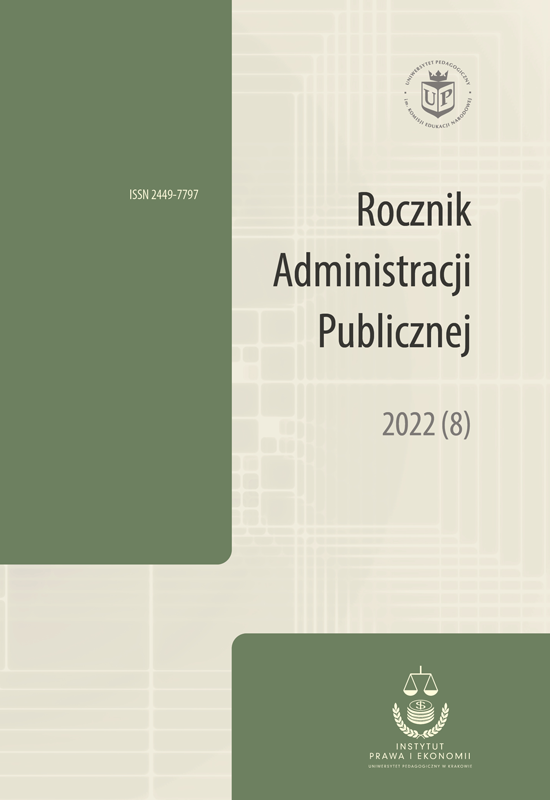Author(s): Florina-Maria Tăvală / Language(s): English
Issue: 3-4/2022
The efficient functioning of organizations cannot be achieved without ensuring the correct use of the public orprivate funds that are at their disposal, in accordance with the objectives which they have set for themselves. Managers have the task of managing the funds in accordance with the legislation in force, as well as taking measures in order to prevent, sanction or recover any damage caused by financial irregularities or by the failure to achieve the objectives for which they were allocated.A basic concept in the theory and practice of modern management is represented by responsibility. To fulfill hisresponsibility/responsibilities, the manager needs a system of guidance, self-regulation or coercion, and that system is represented by control. Control, and in particular the financial audit and control, contributes to the evaluation of the programs performance, to the planning of activities and to a good management of resources. The successful accomplishment of these tasks cannot be accomplished outside of management science and the reverberations it entails.The role and importance of the financial audit and control in management, imposes, as it is shown in this approach, theneed for a management of this activity, which would have its own structural elements, with specific relationships between them, and also with the system in which it evolves.The financial audit and control management, as a segment of management, must be defined starting from the generalmanagement. That is why, in this paper, I tried to approach, as a personal contribution, the management and financial audit in terms of general components (Management Science, Scientific Management, Management Processes, Management Relations, Management Principles, Management as a synthetic economic discipline) and in terms of the components of the organization's Management system (Information system, Decision system, Organizational system, Methodological system). The study that took place revealed a series of predictable influences such as: the need to create some computerized infrastructures, to create some horizontal information networks that would allow the efficient use of knowledge, increasing the role of management by objectives coupled with management through budgets, elaborating complex analysis and evaluation methodologies.
More...
